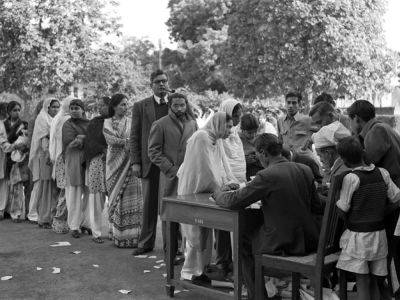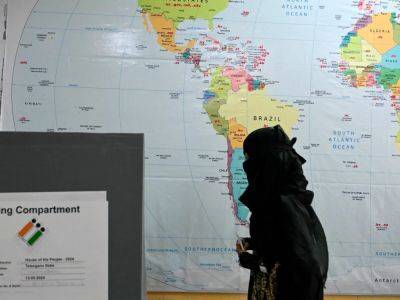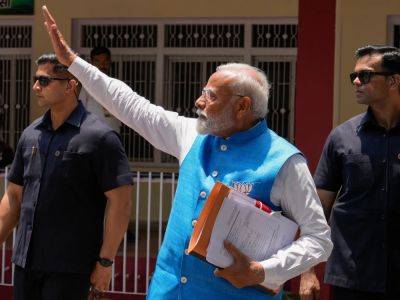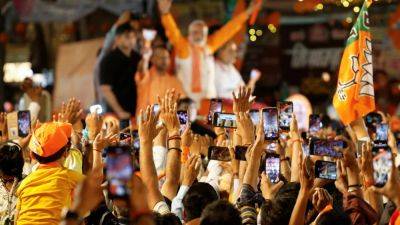Are India’s spy agency and foreign interference becoming brazen under Modi?
“In the last decade, Modi and [National Security Advisor] Ajit Doval duo have improved funding and operational scope for the RAW. This has certainly led to an increased role for the agency from the previous UPA [United Progressive Alliance] regime,” said Dheeraj Paramesha, a professor of criminology at Britain’s University of Hull and an expert on the Indian intelligence network.
Paramesha, however, said RAW’s recent foreign activities were not unprecedented as previous Indian governments had prioritised growing the country’s intelligence capabilities.
“Under former prime minister Rajiv Gandhi [in the 1980s], the scale of intelligence operations was similar. So, there is not a radical change in the mandate as such. However, with the growth of Indian foreign policy goals, the targets have certainly expanded.”
Several contentious accusations about RAW’s recent operations in other countries have put the agency in the spotlight.
On April 29, the Washington Post reported that an Indian intelligence officer was involved in a foiled plan to assassinate Sikh separatist leader Gurpatwant Singh Pannun on American soil in 2023, presumably with the approval of then RAW chief Samant Goel, who reported to Modi.
The Indian government strongly refuted the claims, calling them “unwarranted and unsubstantiated”.
Australian media outlets reported that Canberra had expelled two Indian nationals who were accused of espionage. The duo had allegedly been involved in attempting to steal sensitive information related to defence projects, airport security, and trade relationships.
The reports also said they were closely monitoring the Indian diaspora in Australia and had established connections with current and former politicians.
While the Australian







